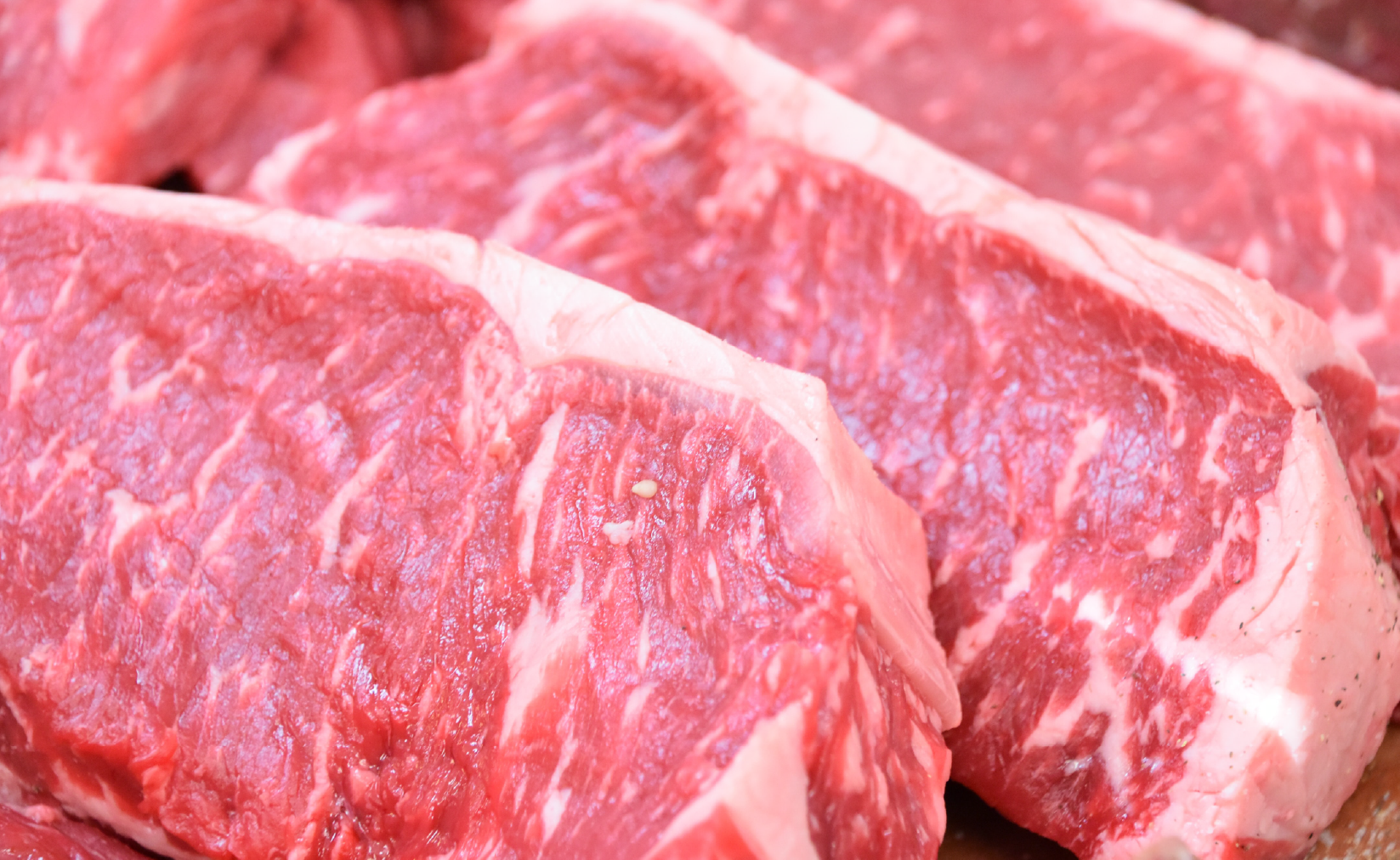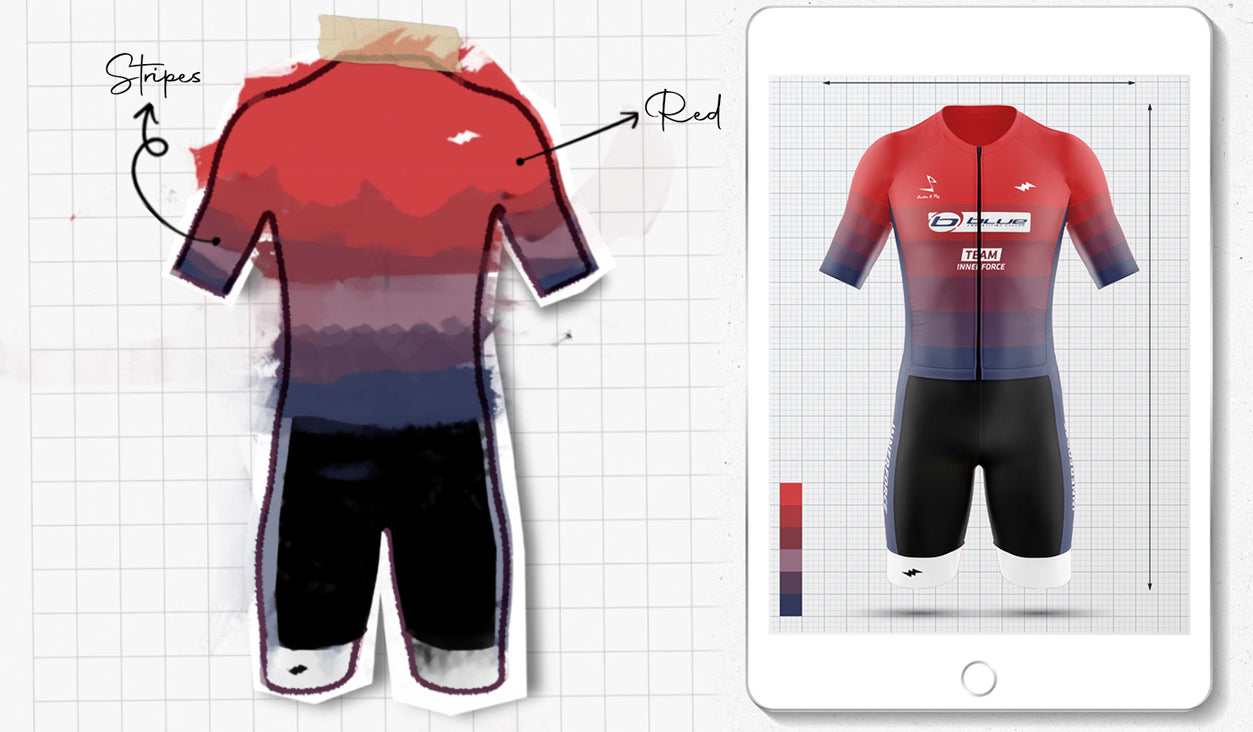Protein Recommendations in Endurance Sports

Nutrition, in my opinion, is the most important part of any endurance sport. Without proper fueling and hydration, training adaptations can be lessened, your body will not recover efficiently, muscle protein synthesis (MPS) cannot function maximally, and you can even become susceptible to serious injury if nutrition is neglected for long enough. I was one of those athletes. I believed that eating as much as was recommended would make me gain unnecessary weight. Because of my choice, I sustained injuries in both my left and right soleus muscles. The injury became so severe that I could not run more than 2 or 3 miles before ultimately having to walk home from the pain and cramping in my legs. I tried everything. I saw a physiotherapist, talked with a physical therapist, and spent hours on a foam roller. After about 8 months I finally figured out that I wasn’t recovering properly because my diet was inadequate. As a coach, I advocate for proper nutrition almost endlessly to my athletes and athletes of other sports. Most times this requires a great deal of explanation for the athlete to understand the importance of the information and how it relates to them. I usually begin by explaining the macronutrient (Carbohydrate, Protein, and Fat) needs. Of course, the most influential macronutrient is carbohydrates. However, because many athletes know this to be true, protein is often undervalued in comparison to carbohydrates. The right amount of protein in the diet of endurance athletes can provide significant and novel benefits. A few of the benefits include:
- Growth and Development (ex. bones and cells)
- Building and Repairing Cells (essential for proper recovery and building muscle)
- Conversion to Energy (gluconeogenesis)
According to the National Academy of Medicine (NAM), the Recommended Daily Allowance (RDA) for protein is 0.8 g/kg body weight. The RDA is based on the amount of energy that is required to meet your body’s basic nutritional needs. Since endurance athletes use the body’s muscles for prolonged or extended periods of training, the RDA for protein DOES NOT meet all of their nutritional needs. This is because, during prolonged exercise, muscles will start to break down to help meet the energy needs of the individual muscles (by taking proteins from the muscles and converting them to carbohydrates through gluconeogenesis). For this reason, the Academy of Nutrition and Dietetics (AND), International Society of Sports Nutrition (ISSN), the American College of Sports Medicine (ACSM) have suggested that athletes consume between 1.4-2.0 g/kg body weight of protein per day where the lower end pertains more to endurance athletes and the upper end to weight lifting athletes1. For example, a 70 kg endurance athlete would look to consume between 98-119 g protein per day based on the recommendation from the AND, ISSN, and ACSM. This number is dramatically different from the 56 g/per day recommendation based on the RDA. Some of you may be thinking, “if the benefits of protein consumption are great between 1.4 and 1.7 g/kg body weight, I’ll consume 2.0 or over 2.0 g/kg body weight to get even more of a benefit. It turns out this is incorrect and won’t actually produce a higher benefit. It turns out that temporarily consuming 2.0 g/kg body weight and over, for endurance athletes, may be beneficial for multiple higher than normal intensity training sessions or training loads, but you will not see any long-term benefit from the increase1.
Of course, knowing that adequate protein intake for endurance athletes is essential. But that’s not all we need to know; we must also determine when is the right time to ingest the protein in order to maximize the benefits. I’ve gotten this question many times from my athletes.
Is it better to have protein before or after a workout?
The answer is…both. It actually doesn’t matter whether it’s before or after a workout. The benefits of consuming protein in close proximity to a workout can be achieved either way. Now, most people know that protein immediately after a workout will help repair the muscle damage and facilitate muscle protein synthesis. However, not many know that protein before a workout can prevent muscle damage by providing the muscles the protein that they would ordinarily catabolize from themselves. That being said, there is also the gastrointestinal (GI) question. Will your stomach be upset if you consume the protein before a workout session? Maybe. For me, the answer is sometimes. I suppose it depends on the type of protein and whether it’s a solid or a liquid. Because I do have a slight problem with GI distress when consuming protein before a workout, I have it immediately after. This may not work the same way for you. A large part of nutrition in endurance sports is planning and testing your nutrition to make sure that it sits well with you during race conditions. I advise my athletes to wait until after their workouts to consume large amounts of their daily protein since every athlete is different and there is no difference between pre or post-training protein consumption.
Protein plays a huge role in facilitating proper recovery and providing energy to the body to complete endurance training. Endurance athletes, especially those who are self-coached, should pay attention to their overall daily protein consumption in association with the other macronutrients. Nutrition may seem like it comes second to training, but it is almost as important if not more. I hope this helps you stay injury-free and keeps your training strong.
1Vitale, K., & Getzin, A. (2019). Nutrition and Supplement Update for the Endurance Athlete: Review and Recommendations. Nutrients, 11(6), 1289. doi: 10.3390/nu11061289
2Baechle, T. R. (2016). Essentials of strength training and conditioning. Champaign, IL: Human Kinetics.

Nutrition, in my opinion, is the most important part of any endurance sport. Without proper fueling and hydration, training adaptations can be lessened, your body will not recover efficiently, muscle protein synthesis (MPS) cannot function maximally, and you can even become susceptible to serious injury if nutrition is neglected for long enough. I was one of those athletes. I believed that eating as much as was recommended would make me gain unnecessary weight. Because of my choice, I sustained injuries in both my left and right soleus muscles. The injury became so severe that I could not run more than 2 or 3 miles before ultimately having to walk home from the pain and cramping in my legs. I tried everything. I saw a physiotherapist, talked with a physical therapist, and spent hours on a foam roller. After about 8 months I finally figured out that I wasn’t recovering properly because my diet was inadequate. As a coach, I advocate for proper nutrition almost endlessly to my athletes and athletes of other sports. Most times this requires a great deal of explanation for the athlete to understand the importance of the information and how it relates to them. I usually begin by explaining the macronutrient (Carbohydrate, Protein, and Fat) needs. Of course, the most influential macronutrient is carbohydrates. However, because many athletes know this to be true, protein is often undervalued in comparison to carbohydrates. The right amount of protein in the diet of endurance athletes can provide significant and novel benefits. A few of the benefits include:
- Growth and Development (ex. bones and cells)
- Building and Repairing Cells (essential for proper recovery and building muscle)
- Conversion to Energy (gluconeogenesis)
According to the National Academy of Medicine (NAM), the Recommended Daily Allowance (RDA) for protein is 0.8 g/kg body weight. The RDA is based on the amount of energy that is required to meet your body’s basic nutritional needs. Since endurance athletes use the body’s muscles for prolonged or extended periods of training, the RDA for protein DOES NOT meet all of their nutritional needs. This is because, during prolonged exercise, muscles will start to break down to help meet the energy needs of the individual muscles (by taking proteins from the muscles and converting them to carbohydrates through gluconeogenesis). For this reason, the Academy of Nutrition and Dietetics (AND), International Society of Sports Nutrition (ISSN), the American College of Sports Medicine (ACSM) have suggested that athletes consume between 1.4-2.0 g/kg body weight of protein per day where the lower end pertains more to endurance athletes and the upper end to weight lifting athletes1. For example, a 70 kg endurance athlete would look to consume between 98-119 g protein per day based on the recommendation from the AND, ISSN, and ACSM. This number is dramatically different from the 56 g/per day recommendation based on the RDA. Some of you may be thinking, “if the benefits of protein consumption are great between 1.4 and 1.7 g/kg body weight, I’ll consume 2.0 or over 2.0 g/kg body weight to get even more of a benefit. It turns out this is incorrect and won’t actually produce a higher benefit. It turns out that temporarily consuming 2.0 g/kg body weight and over, for endurance athletes, may be beneficial for multiple higher than normal intensity training sessions or training loads, but you will not see any long-term benefit from the increase1.
Of course, knowing that adequate protein intake for endurance athletes is essential. But that’s not all we need to know; we must also determine when is the right time to ingest the protein in order to maximize the benefits. I’ve gotten this question many times from my athletes.
Is it better to have protein before or after a workout?
The answer is…both. It actually doesn’t matter whether it’s before or after a workout. The benefits of consuming protein in close proximity to a workout can be achieved either way. Now, most people know that protein immediately after a workout will help repair the muscle damage and facilitate muscle protein synthesis. However, not many know that protein before a workout can prevent muscle damage by providing the muscles the protein that they would ordinarily catabolize from themselves. That being said, there is also the gastrointestinal (GI) question. Will your stomach be upset if you consume the protein before a workout session? Maybe. For me, the answer is sometimes. I suppose it depends on the type of protein and whether it’s a solid or a liquid. Because I do have a slight problem with GI distress when consuming protein before a workout, I have it immediately after. This may not work the same way for you. A large part of nutrition in endurance sports is planning and testing your nutrition to make sure that it sits well with you during race conditions. I advise my athletes to wait until after their workouts to consume large amounts of their daily protein since every athlete is different and there is no difference between pre or post-training protein consumption.
Protein plays a huge role in facilitating proper recovery and providing energy to the body to complete endurance training. Endurance athletes, especially those who are self-coached, should pay attention to their overall daily protein consumption in association with the other macronutrients. Nutrition may seem like it comes second to training, but it is almost as important if not more. I hope this helps you stay injury-free and keeps your training strong.
1Vitale, K., & Getzin, A. (2019). Nutrition and Supplement Update for the Endurance Athlete: Review and Recommendations. Nutrients, 11(6), 1289. doi: 10.3390/nu11061289
2Baechle, T. R. (2016). Essentials of strength training and conditioning. Champaign, IL: Human Kinetics.
SEE WHAT CUSTOM APPAREL LOOKS LIKE

GEAR UP
MORE FROM THE BLOG

More Than Fabric: A Collection with Purpose
In the realm of sports, where every heartbeat becomes a chapter in an athlete's unique story, we find Marci Goldberg's...

Ultimate Guide: Best Biking Eyewear for Safety & Performance

From Land to Sea: Transitioning from Running to Triathlon
Discover the essential steps for transitioning from running to triathlon. Learn about new training approaches, equipment, and tips to help you succeed in your new athletic journey.
Photos. @working.triathlete




